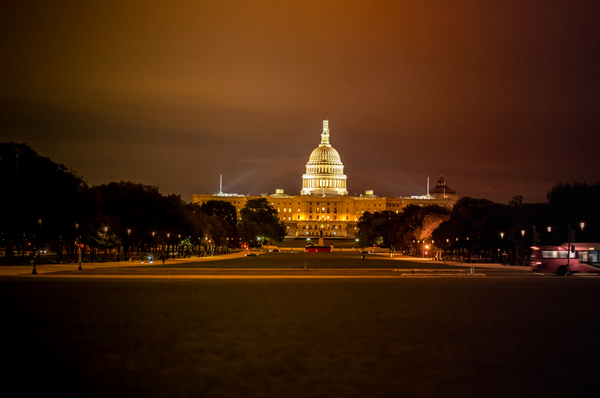Understanding Kratom Laws in Washington D.C. and Their Broader Impact
Sep 06, 2024
Kratom, a natural substance derived from the leaves of the Mitragyna speciosa tree, has been the subject of intense debate across the United States. While some states have banned it, others allow its sale and use. In Washington D.C., kratom is currently legal, but the local laws and their potential implications for federal regulations are significant. This article delves into the current legal status of kratom in the nation’s capital, explores why D.C.’s stance on kratom could have far-reaching effects, and examines recent developments that could influence its future.
Current Legal Status of Kratom in Washington D.C.
As of 2024, kratom is legal in Washington D.C. This means that residents and visitors can legally purchase, possess, and use kratom within the District. Despite its legal status, there are ongoing discussions and debates about potential regulations that could impact its availability in the future. Advocacy groups continue to push for kratom’s protection, while opponents argue for stricter regulations or bans due to concerns about safety and abuse.
Significance of Local Law in Washington D.C.
Washington D.C. holds a unique position in the United States as the nation’s capital, where local laws can carry significant weight on a national scale. The legal decisions made in D.C. often serve as a barometer for potential federal regulations. This is especially true for substances like kratom, where local attitudes and policies could influence federal lawmakers and agencies.
If Washington D.C. were to implement stricter regulations on kratom, it could set a precedent that might encourage federal agencies like the Food and Drug Administration (FDA) to pursue more comprehensive national regulations. Conversely, maintaining a legal status for kratom in D.C. could strengthen the position of advocates who argue for its legality and responsible use nationwide.
The Potential Impact on Federal Regulations
The relationship between local law in Washington D.C. and federal regulation is complex but critical. As the center of federal government, decisions made in D.C. can ripple outwards, influencing policy discussions and legislative actions across the country. For kratom, this means that any changes in its legal status within D.C. could be a bellwether for broader federal action.
For example, if D.C. were to ban kratom, it could embolden other states or federal agencies to follow suit. On the other hand, if D.C. maintains its legal status, it could provide a strong case for keeping kratom accessible in other parts of the country. The ongoing legal status of kratom in Washington D.C. is therefore not just a local issue; it has the potential to shape the future of kratom regulation on a national level.
Recent Developments and Public Health Concerns
-
Ongoing Legislative Discussions: While kratom remains legal in Washington D.C., there have been ongoing discussions and hearings on its safety and potential regulation. In 2023, the D.C. Council considered bills that would impose stricter regulations on kratom, such as age restrictions or mandatory labeling requirements. These discussions are still in early stages, but they signal that kratom’s legal status in D.C. could be subject to change in the future.
-
FDA's Position on Kratom: The FDA has maintained a cautious stance on kratom, expressing concerns about its safety and potential for abuse. Although no federal ban has been implemented, the FDA's warnings and attempts to influence public perception could play a role in any future legislative actions in D.C. or at the federal level.
-
Public Health Concerns: Some public health officials in Washington D.C. have raised concerns about the unregulated nature of kratom, particularly regarding the lack of standardized dosing and the potential for contamination in some products. These concerns could contribute to future regulatory efforts.
Conclusion
Kratom’s legal status in Washington D.C. is more than just a matter of local law; it is a significant indicator of potential federal regulations. As of now, kratom remains legal in D.C., but the situation is fluid, and changes could have wide-ranging implications. Advocates and opponents alike are closely watching the developments in the nation’s capital, knowing that D.C.’s stance on kratom could influence the entire country. For those who rely on kratom, staying informed about the legal landscape in Washington D.C. is crucial, as it may shape the future of kratom access in the U.S.





